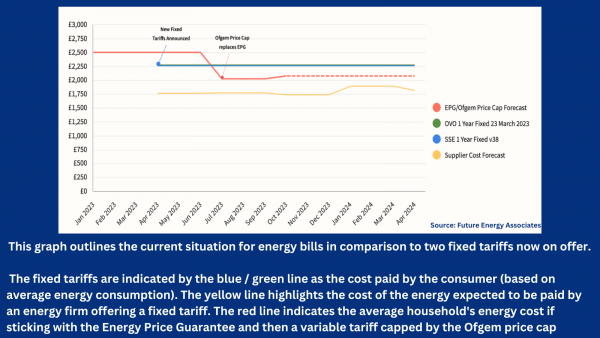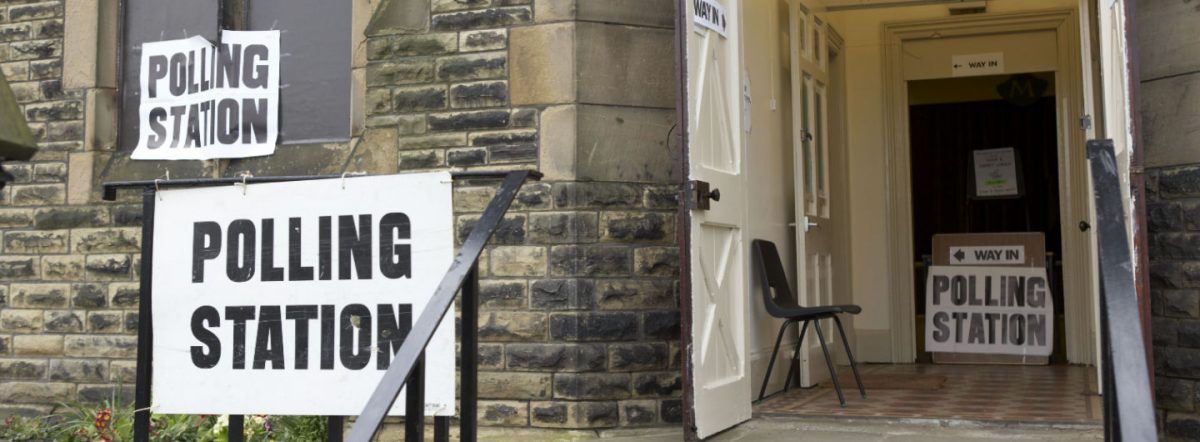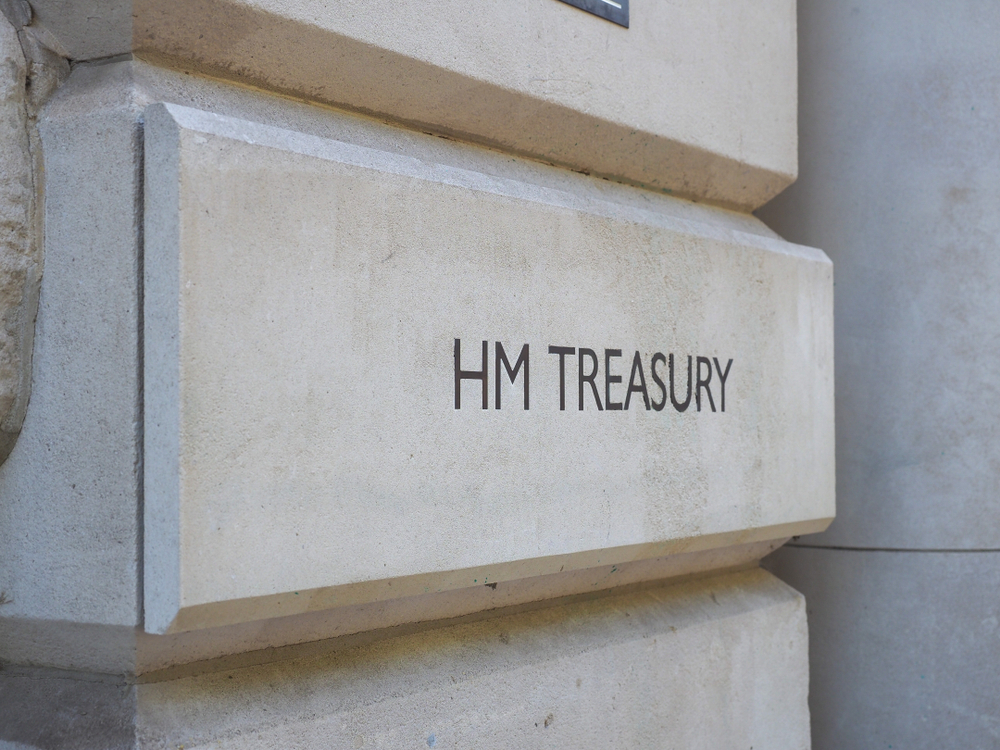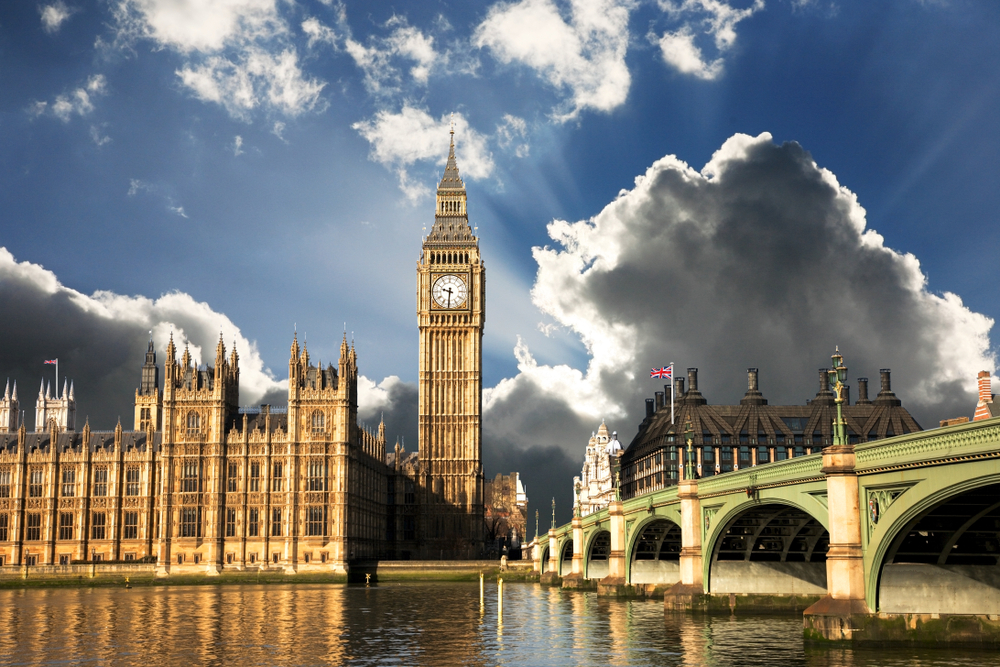One in ten new or soon to be parents frequently experience mould in their homes as Britain’s energy crisis bites hard.
The new data was revealed by the Independent and is based on research for the Warm This Winter campaign and suggests that around 850,000 (9.6%) of people who have a child under 6 or who are pregnant (or their partner is pregnant) are exposed to mould frequently. [1]
The numbers increase further to 3.4m (38%) people who have frequent or occasional exposure to mould and who have a child under 6 or who are pregnant.
The tragic case of Awaab Ishak highlighted the need to take the issue of mould in UK homes seriously and the NHS advises all young children to be kept away from damp and mould.
Not only does damp and mould produce mould spores and other toxins that are harmful to health, but even excessive moisture can lead to the growth of mould and other fungi, certain species of house dust mites, bacteria or viruses.
Rachel Kirby-Rider, Chief Executive at Young Lives vs Cancer, explains:
“No child should be living in damp or mouldy housing, but for some of the children and young people with cancer we support, this is the reality. For them, the risk of infection is high, and living in a house that is damp or has mould increases this infection risk and other health impacts, leading to hospital admissions or worse.
“It is vital that the government takes action to make sure that children and young people with cancer have warm homes, free of mould, that are a safe haven for them during their treatment.” [2]
The Government warns that the “more serious the damp and mould problem and the longer it is left untreated, the worse the health impacts and risks are likely to be.” The solutions to mouldy damp homes are insulation and better energy efficiency of buildings as well as access to cheaper renewable energy.
A spokesperson for the End Fuel Poverty Coalition, commented:
“These chilling findings underline why we need further urgent action from the Government to step in and help households stay warm this winter.
“Vulnerable households, including young families and expectant mothers, are struggling because of Ministers’ failure to provide emergency financial assistance this winter and longer term failures to invest in the permanent solutions to fuel poverty, such as insulation and reform of energy pricing.
“Instead of help from the Government, in the form of an Emergency Energy Tariff for vulnerable households and a Help To Repay scheme for those in energy debt, all parents got from the Chancellor in the Autumn Statement was the cold shoulder.
“The real life impact of decisions made in Westminster are now clear to see.”
Fiona Waters, spokesperson for the Warm This Winter campaign which commissioned the research, commented:
“Families are feeling the squeeze from every direction with the lowest living standards since records began and the poorest and most vulnerable in society bearing the brunt of sky high energy bills which will be increasing again in January.”
John McGowan, General Secretary of the Social Workers Union, commented:
“Across the country social workers report seeing families struggling in living conditions that are more like Victorian novels than modern day Britain. It’s clear that households – especially those most at risk from the health complications of living in cold damp homes – need more support.”
Jonathan Bean from Fuel Poverty Action added:
“We’ve long argued that young children must be protected and kept warm in the winter. This is why the energy industry’s rush to start forcing households with children over the age of two onto prepayment meters, which can click off and leave people without energy, doesn’t make any sense.”
ENDS
[1] Methodology note: Opinium conducted a nationally representative survey among 2,000 UK Adults from the 24th – 28th November 2023. Results were weighted to be nationally representative. Population estimates based on ONS projections of adults aged 18+ for mid-2021 (the latest figures available), i.e. UK 18+ population 53,188,204.
[2] Young Lives vs Cancer Social Worker Rebecca recently blogged about the poor quality housing issues faced by some children and young people with cancer.






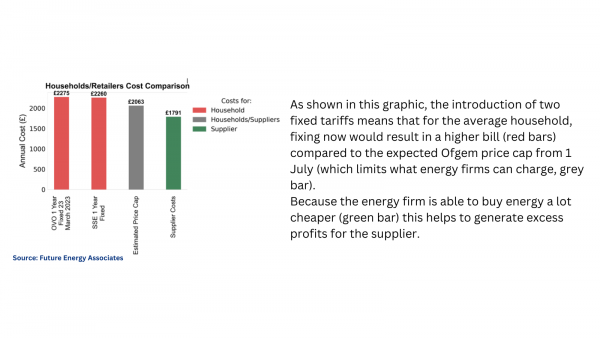 This is summarised in the table below.
This is summarised in the table below.